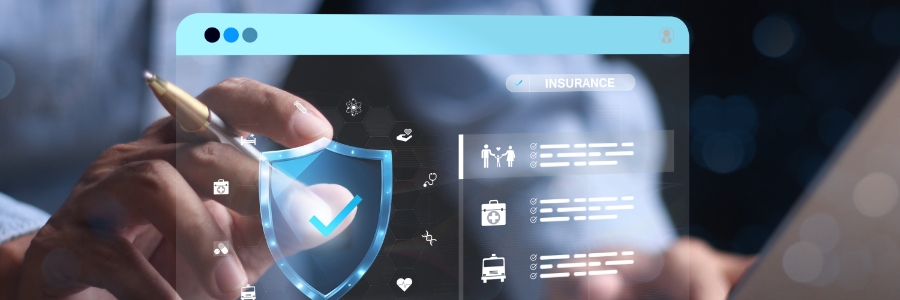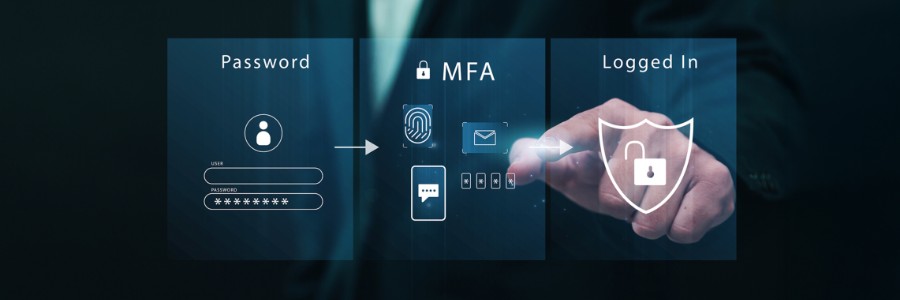Published March 4, 2026

Is Google Chrome draining your computer’s memory and slowing you down? Recent updates have introduced powerful built-in tools designed to boost performance, no complicated fixes required. This guide will show you how to turn your sluggish browser into a high-speed productivity powerhouse. Performance Detection Instead of manually hunting down background processes that slow down your […]
Published March 2, 2026

Many businesses believe they’re protected simply because they have backups or use cloud services. This article explores common disaster recovery myths and explains why a comprehensive, tested recovery strategy is essential for long-term business continuity. When business leaders think about disaster recovery (DR), the conversation often centers on backups. If the data is backed up, […]
Published February 27, 2026

Your Android smartphone is your business lifeline. Its popularity, however, makes it a prime target for malware that steals data and disrupts operations. Don’t worry. Fixing an infected device is often a simple DIY job. We’ll walk you through identifying the problem, removing the malware, and securing your business. How to tell if your phone […]
Published February 25, 2026

macOS comes with strong built-in protections, and that’s a big reason people trust Macs. Still, secure by default doesn’t mean invincible. Malware exists for Macs, and it often slips in through fake updates, sketchy downloads, or sneaky browser add-ons. Here’s how to spot the warning signs before the problem grows. Frequent system crashes and slowdowns […]
Published February 23, 2026

When selecting a Voice over Internet Protocol (VoIP) phone system, businesses often face a key decision: should they go with open-source or proprietary systems? This article breaks down the real-world pros and cons of each option so you can confidently choose the right fit for your organization. Understanding proprietary VoIP systems A proprietary VoIP system […]
Published February 21, 2026

If your Windows PC feels slower than it used to, fragmented files could be part of the problem. Learn how disk defragmentation works, when it’s necessary, and how it can help restore performance and stability. We expect our computers to respond instantly — apps should launch quickly, files should open without delay, and the system […]
Published February 18, 2026

Tired of managing endless passwords across your business apps? Single sign-on (SSO) offers a secure, streamlined solution that improves productivity while strengthening protection. Here’s why more organizations are making the switch. The case for using SSO Most employees are drowning in passwords. Email, project management tools, HR portals, cloud storage, accounting platforms — the list […]
Published February 16, 2026

The Health Insurance Portability and Accountability Act (HIPAA) was created with a single goal: to keep medical records safe. HIPAA gives patients specific rights over who sees their private health details. If you operate a healthcare practice or any business that handles this data, following these rules is not optional. You must understand exactly where […]
Published February 13, 2026

Multifactor authentication (MFA) works by requiring users to provide more than one form of identification when logging into a system or account. This extra layer of security is meant to prevent unauthorized access and protect sensitive information. However, while MFA may seem like a foolproof solution, it actually has its own set of vulnerabilities that […]
Published February 11, 2026

Upgrading your company’s servers is a crucial decision that affects everything from operations to long-term growth. Rather than rushing into a replacement, it’s important to pause and ask the right questions. The following questions will help you evaluate your current infrastructure and determine whether replacing your servers is the best course of action. How well […]













